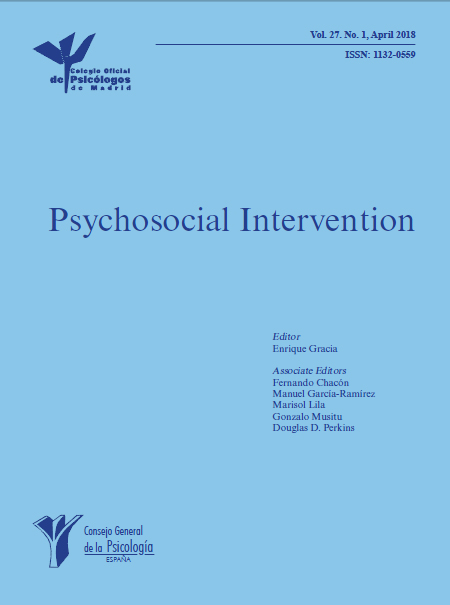
Desde el burnout al engagement: Âżuna nueva perspectiva?
[From burnout to engagement: a new perspective?]
Salanova, Marisa$Schaufeli, Wilmar B.$Llorens Gumbau, Susana$PeirĂł Silla, JosĂ© MarĂa$Grau Gumbau, Rosa MarĂa
Univ. Jaume I, Dep. PsicologĂa, CastellĂłn, España
Resumen
Este estudio pone a prueba la estructura factorial del MBI-GS (Maslach Burnout Inventory-General Survey) y de un inventario sobre engagement, esto es, el constructo hipotĂ©tico opuesto al burnout. Los análisis factoriales confirmatorios realizados con una muestra de 514 trabajadores que utilizan tecnologĂas de la informaciĂłn en sus puestos, corroboran los tres factores esperados del burnout (agotamiento, cinismo y reducida eficacia profesional) asĂ como los tres factores esperados del engagement (vigor, dedicaciĂłn y absorciĂłn). Los análisis de regresiĂłn mĂşltiple jerárquicos adicionales ponen de manifiesto que las escalas de engagement añaden valor para la predicciĂłn de indicadores de bienestar psicolĂłgico subjetivo (compromiso organizacional, satisfacciĂłn laboral y entusiasmo laboral) cuando se controla el burnout. Finalmente, en este trabajo se analizan las limitaciones del estudio y algunas propuestas de investigaciĂłn futuras sobre esta nueva perspectiva.
Abstract
This study examines the factorial structures of the Maslach Burnout Inventory-General Survey (MBI-GS) and of an inventory that assesses engagement, the hypothesized opposite of burnout. Confirmatory factor-analyses in a sample of 514 Spanish workers using information technologies in the workplace, corroborated the expected three-factor structure of the MBI (i.e., exhaustion, cynicism, and reduced efficacy) as well as the hypothesized three-factor structure of engagement (i.e. vigor, dedication, and absorption). Additional hierarchical multiple regression analysis show the added value of the engagement scales to predict indicators of subjective well-being (i.e. organizational commitment, job satisfaction, and job enthusiasm) when one controls for burnout. Finally, study limitations and perspectives for future research on burnout and engagement are discussed.
Copyright © 2026. Colegio Oficial de la Psicología de Madrid















